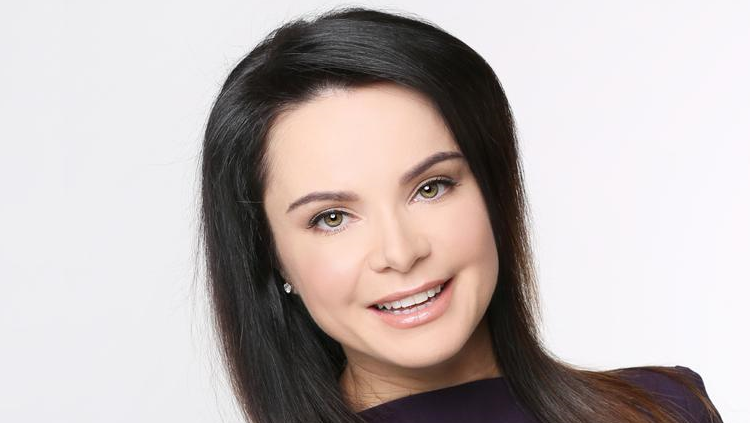Lilia Podkopayeva was asked by NevaSport to comment on the IOC possibly excluding boxing from the Olympics and to compare it to gymnastics. She also talked a bit about her gymnastics career and how she was really upset she didn’t get to compete for USSR as a senior gymnast.
Q: What do you think about the idea to drop boxing from the Olympics which is now being discussed by the IOC?
A: I competed at the Olympics when Vladimir Klichko became the champion and I remember really well how much joy his victory brought us. I can’t even imagine that now someone might be deprived of such emotions. To deprive the fans of such a spectacle as boxing at the Olympics is a crime. We want to see the boxing of true champions at the Olympics, it’s adrenaline, it’s unforgettable memories.
Q: In boxing, there are often controversial judging decisions, same as in gymnastics. Do you remember when you experienced unfair judging?
A: This was one of my first international competitions, the European Championships in Belgium in 1993. I did a great vault but my score was not high while the Romanian, the 1992 Olympic champion Lavinia Milosovici, on the contrary, got a high score for a pretty average vault. I was terribly upset, I even started crying. My coach then said to me: “Lilya, first you have to work for your name and then your name will work for you”. I’ve always tried to compete in a way that I would look much better than my competitors, so that no one had any issues or doubts about my victory, so that they had no reason to think that I wasn’t the best. I guess this is the only way to fight bias – just to be the best.
Q: Artistic gymnastics, like boxing, is a subjective sport, there are many issues with the judging. In addition, gymnastics, same as boxing, is full of injuries. Do you remember hearing any talks about removing gymnastics from the Olympics?
A: The Olympic Games, their history, started with artistic gymnasts. And I’m sure that there’s no threat to artistic gymnastics’ presence at the Olympics. Rhythmic gymnastics is another matter. Rhythmic gymnastics is even more subjective than our sport. I think that the IOC largely looks at how many spectators are in the arena, whether the arenas get full, how profitable is the sport for the Olympics, so I think that the final decision will depend on that.
Q: You competed under both the Soviet flag and the flag of independent Ukraine. Do you remember what you felt when suddenly a whole country that you represented just disappeared?
A: I’m proud that I competed for Ukraine. But we are the pupils of the Soviet gymnastics school. In 1991, I made the junior national team and then the Soviet Union broke down. I remember that I was very upset because I wouldn’t be able to wear the jacket with the letters “USSR” on it. It was my childhood dream – to be like our legendary gymnasts, Svetlana Boginskaya, Elena Shushunova, Natalia Laschenova. I was upset I didn’t get to do this. With the breakdown of the Soviet Union, the system of preparing the athletes disappeared as well. We lost the mass participation when outstanding talents were sifted through the sieve of numerous sports schools. The principle was from the mass participation to mastery. That’s what the US is doing now – they have more than 4000 gyms around the country, and as a result, the US women’s gymnastics team is competing on such a level for three Olympics in a row that no one can catch them.



